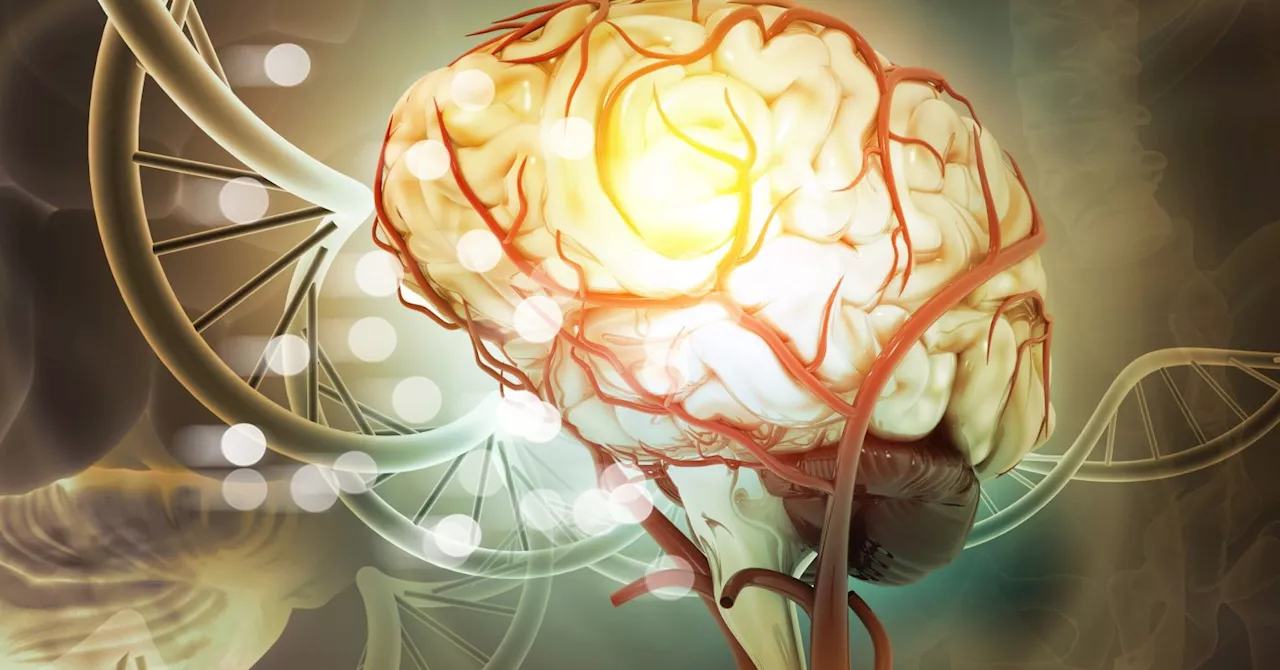A recent study investigated the effectiveness of various treatments for treatment-resistant depression, a challenging condition characterized by severe symptoms that persist despite treatment with at least two standard interventions. The study highlighted several promising treatments, including electroconvulsive therapy (ECT), transcranial magnetic stimulation (TMS), repetitive transcranial magnetic stimulation (rTMS), minocycline, ketamine, and lithium. These treatments offer new hope for individuals struggling with this debilitating illness.
Treatment-resistant depression, usually defined as severe depressive symptoms that have not improved despite treatment with at least two standard interventions, has long been a challenging clinical issue. A recent study investigated the results of 25 different standard treatments in studies that included over 10,000 participants, shedding light on the most effective approaches for this debilitating condition.
The study highlighted several promising treatments, including electroconvulsive therapy (ECT) and transcranial magnetic stimulation (TMS). ECT, arguably the first treatment for serious depression, was pioneered by Hungarian psychiatrist Joseph Ladislav von Meduna in 1935. He observed that artificially induced seizures in patients with severe depression resulted in dramatic improvements for many. Improvements in anesthesia techniques over the decades have made ECT much safer and it remains a treatment of choice for certain kinds of serious depression. TMS, like ECT, is a brain stimulation treatment but delivers much smaller bursts of electrical energy using magnetic pulses. It has also been shown to be effective in treating treatment-resistant depression.The study also gave high marks to a new version of TMS called repetitive transcranial magnetic stimulation (rTMS). Minocycline, a drug perhaps better known as a treatment for acne, was a surprising addition to the list of effective treatments. This antibiotic has neuroprotective effects, defending brain cells from a damaging process called oxidative stress. This toxic process is caused by dangerous molecules generated during many chemical reactions in the body and not sufficiently neutralized by the body’s defenses against them. Minocycline appears to provide a layer of protection that allows these neurons to function normally again. The study's findings suggest that targeting neuroprotective mechanisms may hold promise for treating treatment-resistant depression. Other treatments that received high marks in the study include ketamine and lithium. Ketamine appears to work by directly stimulating brain cells, although through chemical rather than electrical effects. Lithium, the “magic bullet” for so many people with bipolar disorder, also works through neuroprotective mechanisms. Understanding how these new treatments work to alleviate depression will undoubtedly stimulate more research into the pathological mechanisms of mood disorders and result in even more novel treatments for these debilitating illnesses.
Treatment-Resistant Depression Electroconvulsive Therapy Transcranial Magnetic Stimulation Minocycline Ketamine Lithium Neuroprotective Mechanisms
United States Latest News, United States Headlines
Similar News:You can also read news stories similar to this one that we have collected from other news sources.
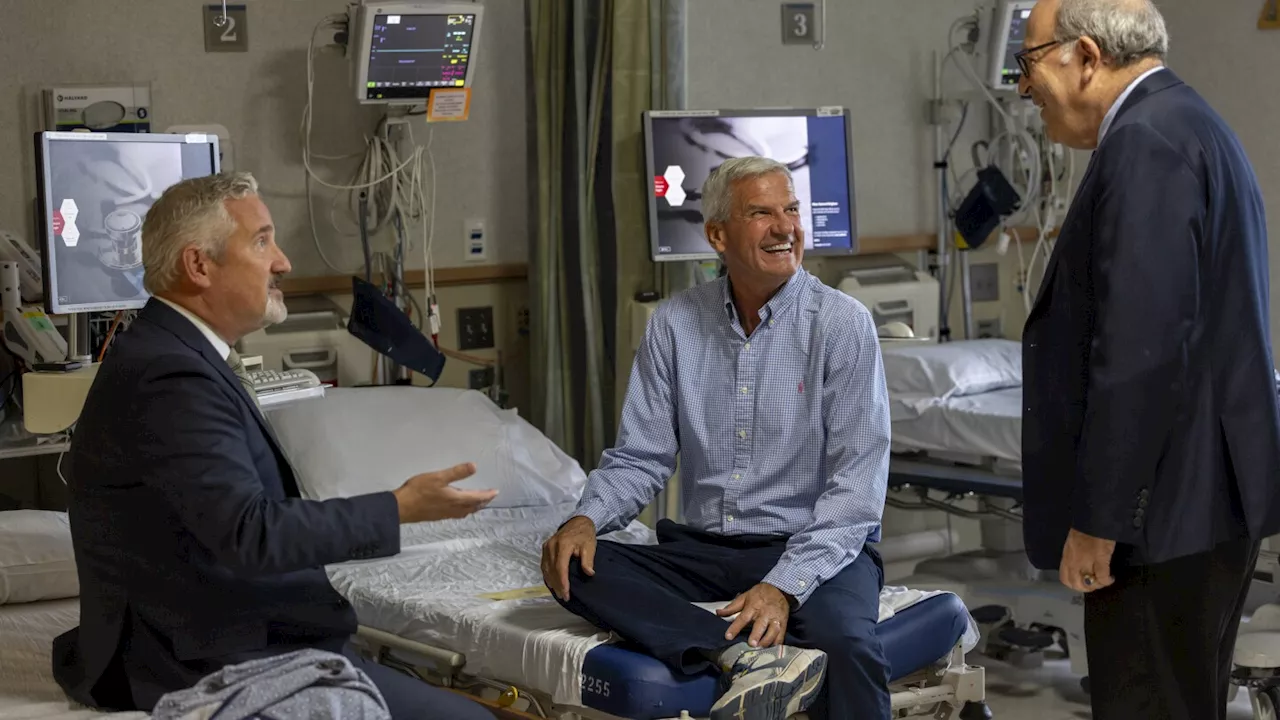 New Procedure Offers Hope for Patients with Treatment-Resistant High Blood PressureA minimally invasive procedure called renal denervation is showing promise in treating patients with high blood pressure that hasn't responded to traditional medications.
New Procedure Offers Hope for Patients with Treatment-Resistant High Blood PressureA minimally invasive procedure called renal denervation is showing promise in treating patients with high blood pressure that hasn't responded to traditional medications.
Read more »
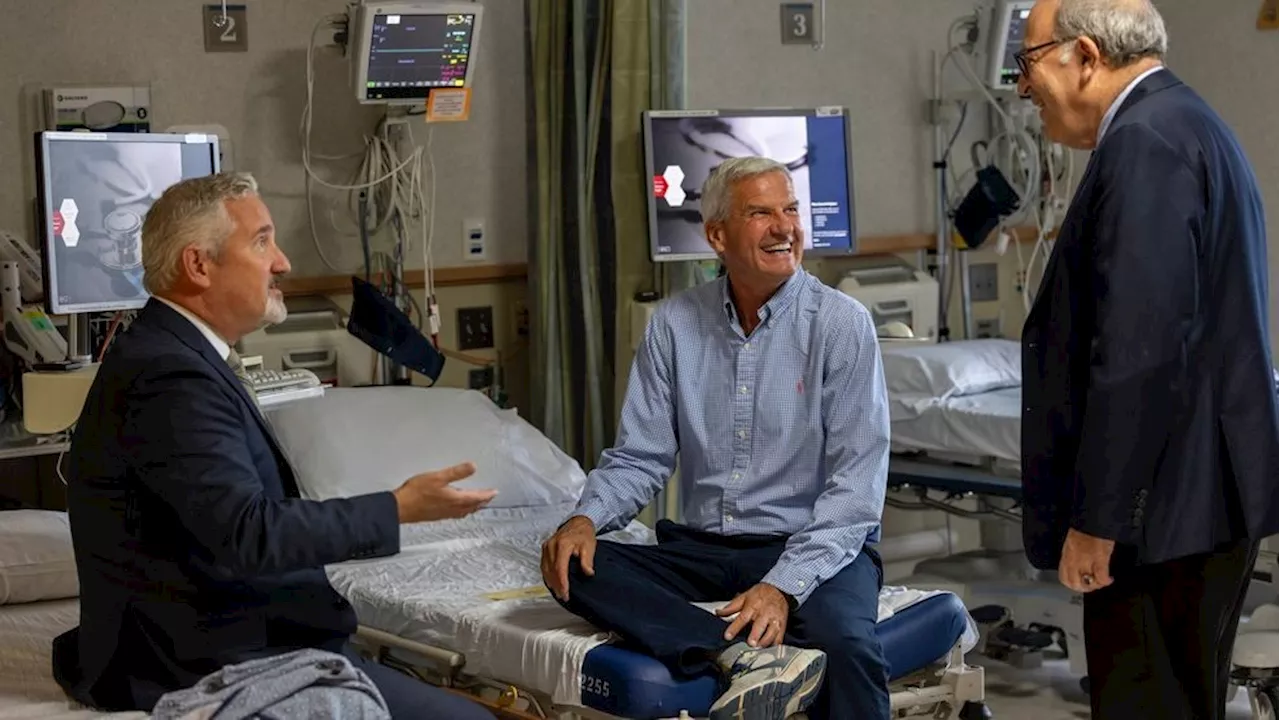 New kidney nerve treatment offers hope for patients with resistant high blood pressureNothing doctors prescribed controlled Michael Garrity's dangerously high blood pressure — until they zapped away some nerves on his kidneys.
New kidney nerve treatment offers hope for patients with resistant high blood pressureNothing doctors prescribed controlled Michael Garrity's dangerously high blood pressure — until they zapped away some nerves on his kidneys.
Read more »
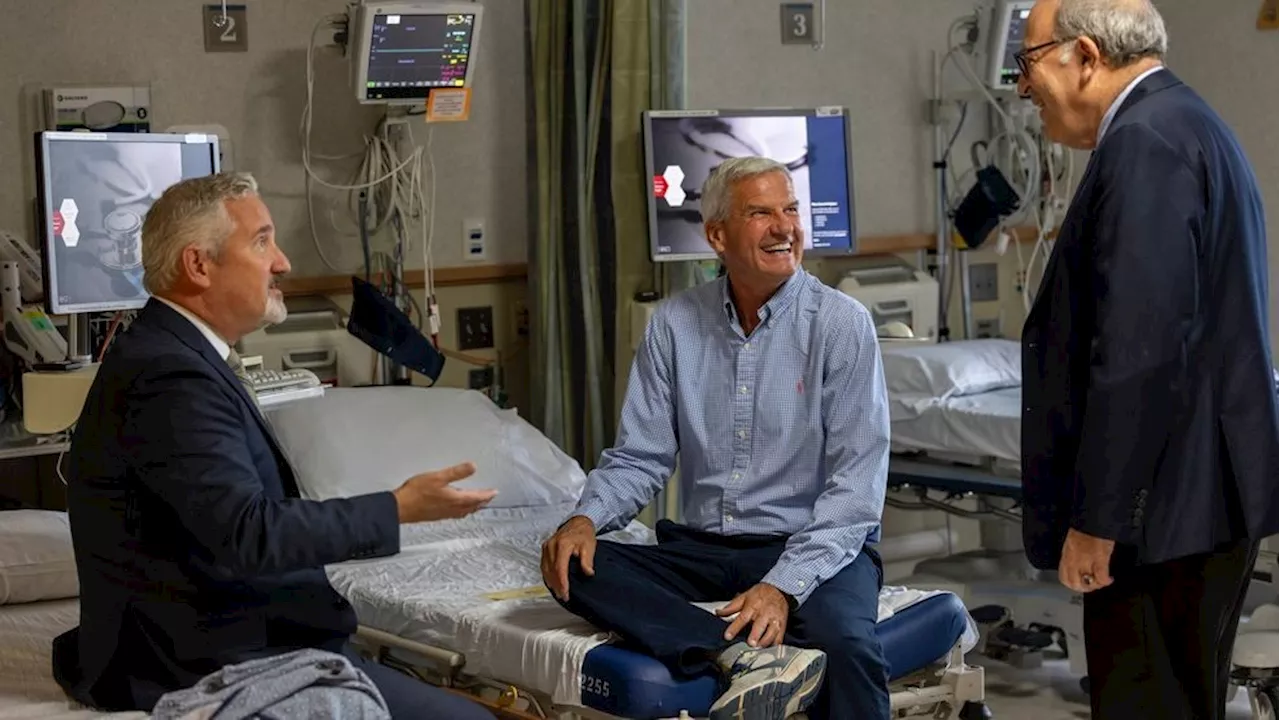 New kidney nerve treatment offers hope for patients with resistant high blood pressureNothing doctors prescribed controlled Michael Garrity's dangerously high blood pressure — until they zapped away some nerves on his kidneys.
New kidney nerve treatment offers hope for patients with resistant high blood pressureNothing doctors prescribed controlled Michael Garrity's dangerously high blood pressure — until they zapped away some nerves on his kidneys.
Read more »
 New kidney nerve treatment offers hope for patients with resistant high blood pressureNothing doctors prescribed controlled Michael Garrity's dangerously high blood pressure — until they zapped away some nerves on his kidneys.
New kidney nerve treatment offers hope for patients with resistant high blood pressureNothing doctors prescribed controlled Michael Garrity's dangerously high blood pressure — until they zapped away some nerves on his kidneys.
Read more »
 New Treatment Offers Relief for Patients with Treatment-Resistant HypertensionThis news article highlights a new treatment option called renal denervation that offers hope for patients struggling with high blood pressure that doesn't respond to traditional medications. It tells the story of Michael Garrity, a patient whose severe hypertension was finally controlled after undergoing this procedure. It also discusses the potential benefits and limitations of renal denervation, as well as the need for further research and wider adoption.
New Treatment Offers Relief for Patients with Treatment-Resistant HypertensionThis news article highlights a new treatment option called renal denervation that offers hope for patients struggling with high blood pressure that doesn't respond to traditional medications. It tells the story of Michael Garrity, a patient whose severe hypertension was finally controlled after undergoing this procedure. It also discusses the potential benefits and limitations of renal denervation, as well as the need for further research and wider adoption.
Read more »
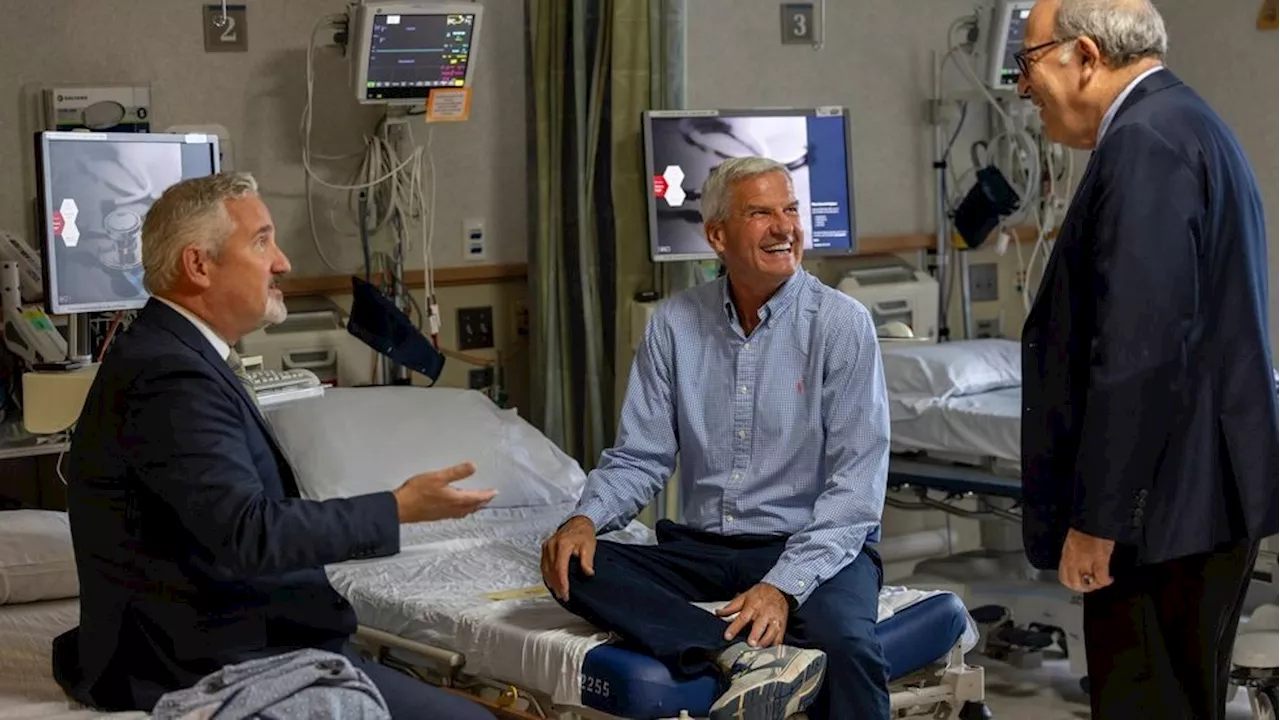 Kidney Nerve Zapping Offers Hope for Treatment-Resistant High Blood PressureA new procedure called renal denervation disrupts overactive nerves in the kidneys, potentially lowering blood pressure in patients who haven't responded to traditional medications. The FDA approved this minimally invasive procedure last year, and while it's not a cure, it shows promise for treating hypertension.
Kidney Nerve Zapping Offers Hope for Treatment-Resistant High Blood PressureA new procedure called renal denervation disrupts overactive nerves in the kidneys, potentially lowering blood pressure in patients who haven't responded to traditional medications. The FDA approved this minimally invasive procedure last year, and while it's not a cure, it shows promise for treating hypertension.
Read more »
